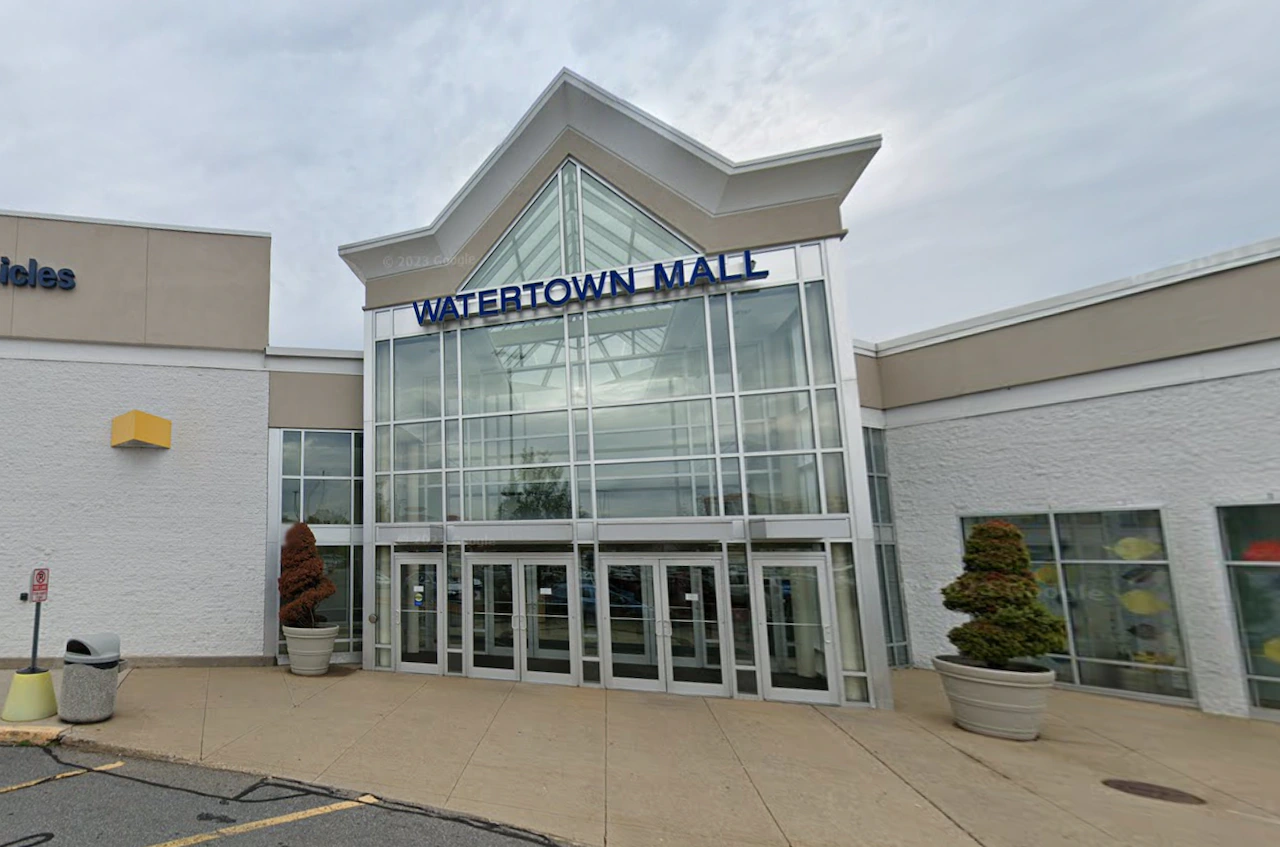Copyright The Atlantic

According to Sam Altman, your web browser is outdated. “AI represents a rare, once-a-decade opportunity to rethink what a browser can be,” OpenAI’s CEO said yesterday when announcing the company’s latest product: ChatGPT Atlas. In this new AI-powered browser, ChatGPT becomes the central mechanism for surfing the internet. From any webpage in Atlas, you can click an “Ask ChatGPT” button to open a side conversation with the chatbot. Want cooking inspiration? Atlas can pull from recipes you’ve recently viewed through its “browser memories” feature—no need to personally dig up the NYT Cooking recipe you opened and closed last week. And as Altman and his colleagues were eager to show off while introducing Atlas yesterday, the browser has an “agent” mode, in which ChatGPT can use the web for you. For instance, it can in theory research and (with your permission) book a vacation. Given all these big promises, I was struck, when I tried Atlas for myself, by how much the experience simply felt like browsing the internet. Fire up the browser and Atlas opens ChatGPT in a new tab—exactly what Chrome does with Google. (Atlas is built on Chromium, the same open-source browser project developed by Google that is the foundation for Google Chrome and Microsoft Edge.) Clicking on the “Ask ChatGPT” button in Atlas was akin to using any other browser and opening up ChatGPT. The browser memories are similar to the “memory” feature already built into ChatGPT. I have found agent mode, if impressive, extremely slow and buggy, and it has been a stand-alone feature in ChatGPT since this summer. OpenAI’s bold attempt to rethink how people use the internet boils down to a fairly ordinary web browser that eliminates the already tiny amount of friction needed to navigate to ChatGPT.com. The point is, fairly explicitly, to bring ChatGPT deeper into people’s lives. An OpenAI spokesperson pointed me to a Substack post written by Fidji Simo, OpenAI’s CEO of applications, announcing Atlas. The tool, Simo notes, “makes it easier for more people to tap into the potential of AI.” Still, launching a web browser feels out of sync with the way OpenAI fashions itself as a revolutionary AI lab, not a traditional tech company. OpenAI is controlled by a nonprofit whose founding mission is to ensure that superpowerful AI “benefits all of humanity.” Only a month ago, Altman said in an interview that OpenAI could one day use a large city’s worth of electricity to power AI data centers that can “cure cancer” or “offer free education to everybody on Earth.” Since then, his company has launched Sora 2, an AI-video generating app with an interface almost identical to TikTok’s; described a coming update to ChatGPT that will allow adults to create erotica; further teased an AI device made in collaboration with Apple’s former top designer, Jony Ive; debuted “Instant Checkout” while shopping inside of ChatGPT; and now launched a web browser that looks similar to Google Chrome. OpenAI may have little choice but to undergo this commercial lurch. Yes, superintelligence may eventually bring the firm unimaginable riches. But for now, building extremely capable AI models is incredibly expensive—and, at the moment, incredibly unprofitable. OpenAI, according to reporting from The Information, lost billions of dollars in the first half of 2025 and expects cash burn to hit $115 billion by 2029. (OpenAI and The Atlantic have a corporate partnership.) To fund further AI development, OpenAI is looking to old revenue streams in Silicon Valley: social-media apps, e-commerce, web browsers, personal devices. (Which map, more or less, to Meta, Amazon, Google, and Apple.) “We do mostly need the capital for build AI that can do science,” Altman recently wrote on X about OpenAI’s commercial endeavors, adding that it is “nice to show people cool new tech/products along the way, make them smile, and hopefully make some money given all that compute need.” The rest of the AI industry has done the same. Google has been rapidly integrating its chatbot, Gemini, into many of its apps and services, including the Chrome browser. OpenAI’s other top rival, Anthropic, is piloting a Chrome extension to integrate its own chatbot, Claude, into the browser. Apple and Meta, too, are integrating AI throughout their products. Earlier this month, Meta announced that it would run personalized ads drawing from users’ chats with its AI tools. But compared with some other AI companies, it’s less clear how OpenAI will generate revenue from most of these endeavors. There are no ads in Sora, for instance, nor in the Atlas browser, although Altman said on a recent podcast that he is open to introducing them. The computational cost of generating lots of videos or processing people’s daily web interactions could be tremendous. OpenAI does use some of your interactions inside of Atlas to improve future models (which users can opt into or out of for various types of data). The breadth and granularity of information available from how people search and navigate the web—data that Google, one of OpenAI’s top competitors, already has access to—could be invaluable for developing future chatbots. Right now, Atlas’s agent mode remains slow and, at times, frustrating; given many more user interactions to train on, future versions could become swift and convenient. OpenAI says that ChatGPT Atlas is intended to spread the benefits of AI; conveniently, this noble aim also involves hoovering up more data and setting up new potential revenue streams. Perhaps revolutionary AI lab and traditional tech giant were never all that distinct.



